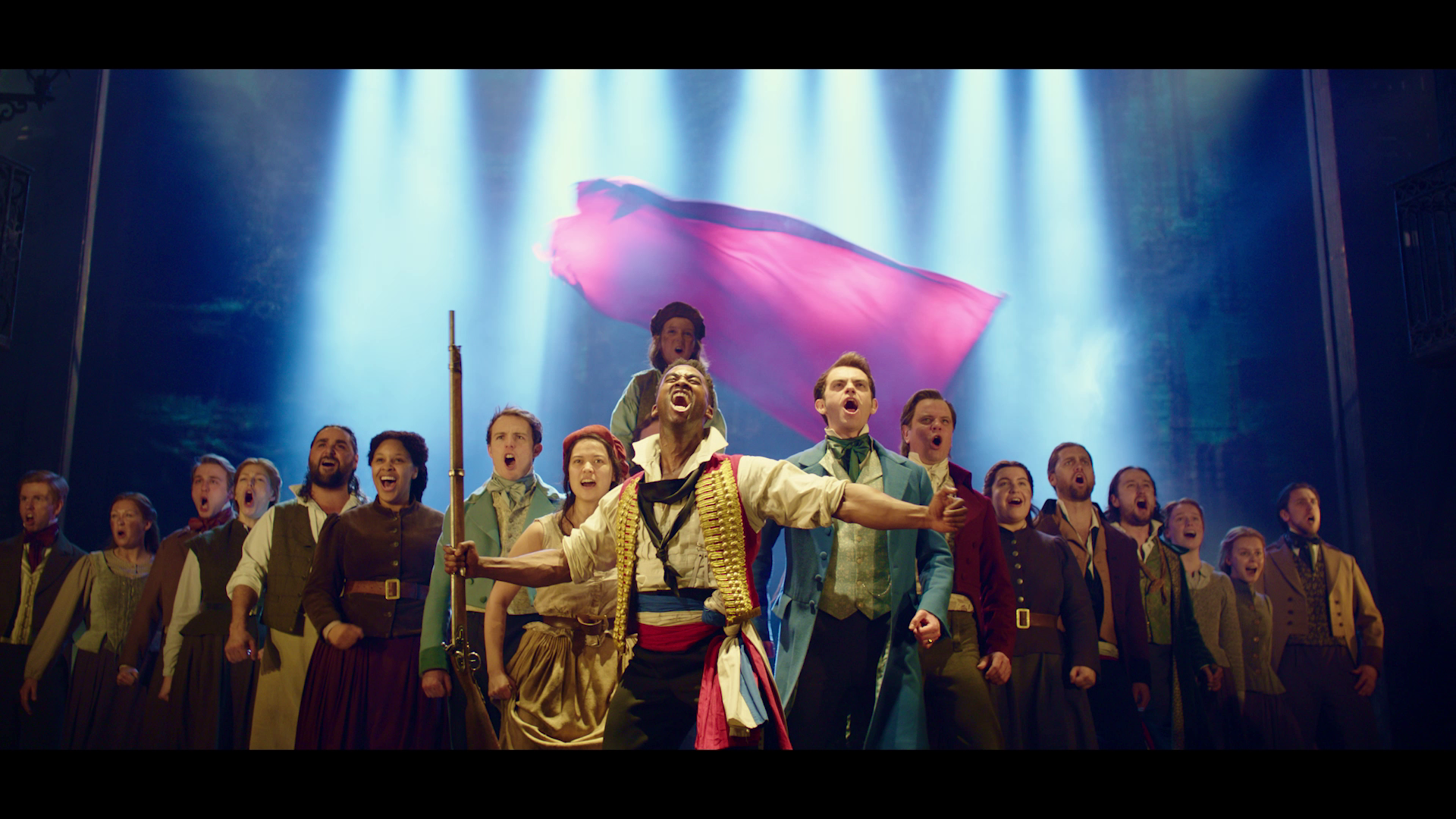One man’s past, a nation’s pain—and a song that never dies
Les Misérables (2012), directed by Tom Hooper, is a sweeping cinematic adaptation of the beloved stage musical, itself based on Victor Hugo’s monumental 1862 novel. This powerful tale of justice, mercy, and revolution is told not only through music and visuals—but through the broken souls and soaring hopes of its unforgettable characters.
At the heart of the story is Jean Valjean (Hugh Jackman), a former convict hardened by nineteen years in prison for stealing a loaf of bread. Once released, he’s transformed by a single act of kindness—and devotes his life to doing good, even as the relentless Inspector Javert (Russell Crowe) hunts him for breaking parole. Valjean’s journey is one of personal redemption, set against the backdrop of a crumbling monarchy, widening class divides, and the echoes of rebellion in 19th-century France.
![]()
The film stands out for its bold choice to record all vocals live on set—a decision that adds raw intimacy to every performance. Jackman delivers a wrenching portrayal of a man haunted by his past, while Anne Hathaway’s Fantine burns with tragic brilliance in her short but devastating arc. Her rendition of “I Dreamed a Dream” is heartbreak incarnate—stripped of polish, full of suffering. Eddie Redmayne, Amanda Seyfried, Samantha Barks, and others round out a stellar cast that pours emotion into every lyric.
Hooper’s direction leans on close-ups and realism, trading the grand stage aesthetic for the grit of muddy streets, prisons, and barricades. Some found the visual choices overly claustrophobic, but others praised them for bringing the characters’ pain and defiance closer to the audience’s heart. At its best, the film feels like an operatic confession—each song a tear, a scream, or a prayer.

Themes of justice vs. mercy, suffering vs. salvation, and love vs. loss are not just presented—they’re sung, cried, and shouted. In the world of Les Misérables, revolution begins not with violence, but with empathy. And the final message is clear: “To love another person is to see the face of God.”
Les Misérables (2012) is not just a musical—it is a full-bodied emotional journey that asks us to imagine a better world, and dares us to suffer in order to reach it.

-1749089865-q80.webp)
-1752571243-q80.webp)
